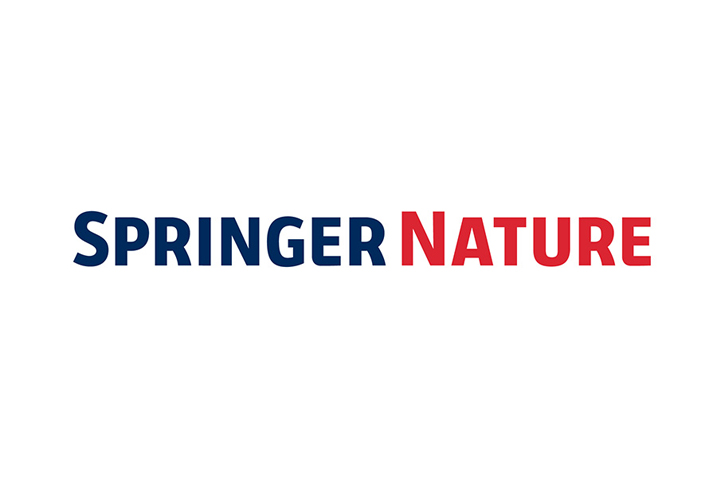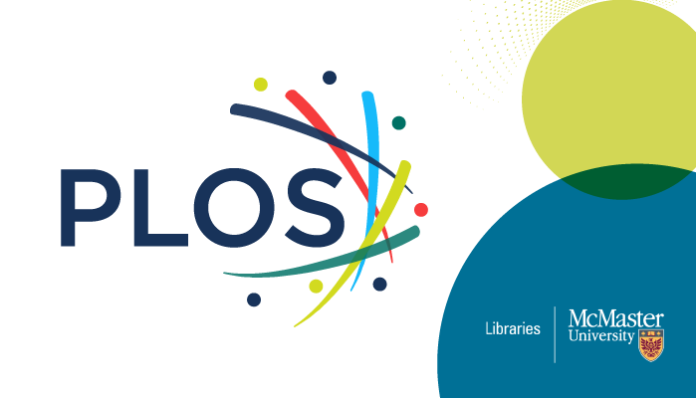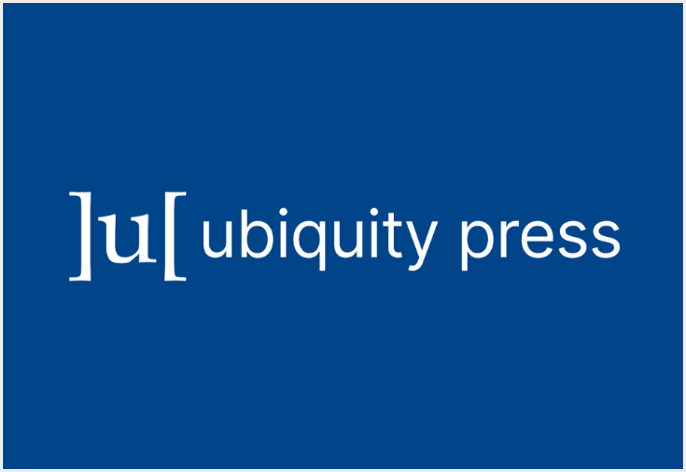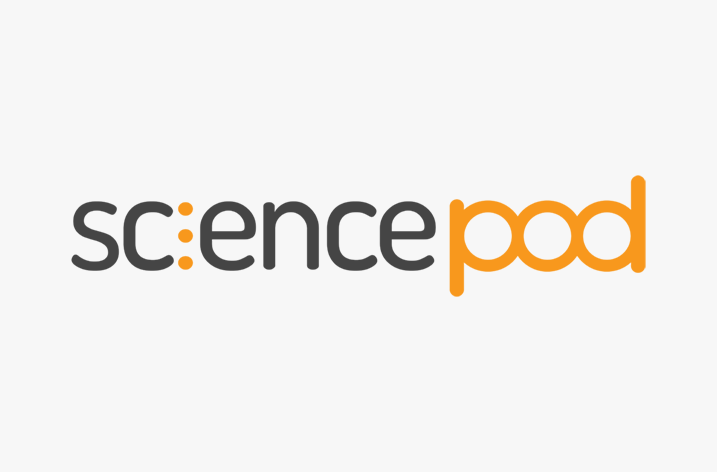Clarivate Plc, a global leader in connecting people and organizations to intelligence they can trust to transform their world, has added the Preprint Citation Index™ to the Web of Science™ platform. Researchers can now locate and link to preprints alongside other trusted content in the database, to streamline the research process and help make meaningful connections faster.
In academic publishing, a preprint is a version of a research paper or outcome publicly available in online repositories prior to peer review. Access to preprints in the Web of Science makes it quicker and easier for researchers to include them in their existing research workflows. It enables immediate access to up-to-date, aggregated and searchable preprints from selected repositories linked to author profiles.
At launch, the Preprint Citation Index provides nearly two million preprints from the arXiv, bioRxiv, chemRxiv, medRxiv, and Preprints.org repositories. Papers from more than a dozen additional repositories will be added throughout 2023. Preprint records are discoverable alongside other scholarly output in the Web of Science and connected to final versions of record, where applicable. They are clearly marked in search results and not included in any citation metrics including Times Cited Counts or the Journal Impact Factor™ (JIF) within the Web of Science Core Collection™ or Journal Citation Reports™.
The Preprint Citation Index enables users to:
- Locate versions of record (where applicable) for preprints: Find and reference peer-reviewed articles with links from preprints to Web of Science Core Collection
- Connect preprints to journal articles: Uncover connections between cutting-edge preprints indexed in the Preprint Citation Index and journal articles indexed in the Web of Science Core Collection via citation linking.
- Expand the view of a researcher’s expertise: Place preprints in the context of a researcher’s career with preprints displayed on an author’s Web of Science Researcher Profile.
- Monitor new research across several repositories: An author can set an alert for keywords or a named researcher of interest to be notified when relevant preprints become available.
Francesca Buckland, Senior Director of Product Management, Web of Science at Clarivate: “For researchers focused on today’s urgent global challenges, access to preprints can significantly speed up scientific progress and fuel the world’s greatest breakthroughs. We’ve created the Preprint Citation Index to support faster, more complete research, through the lens of the trusted high-quality content for which the Web of Science is known.”
































